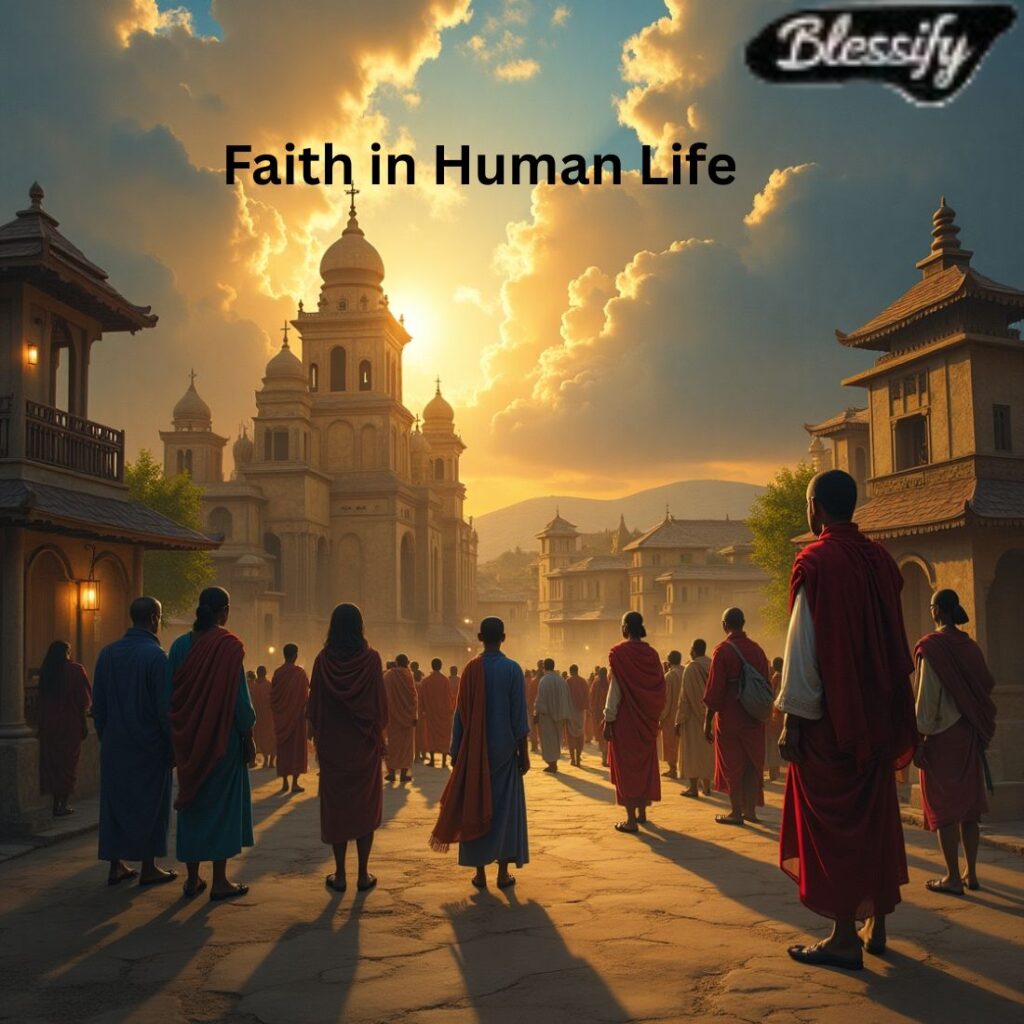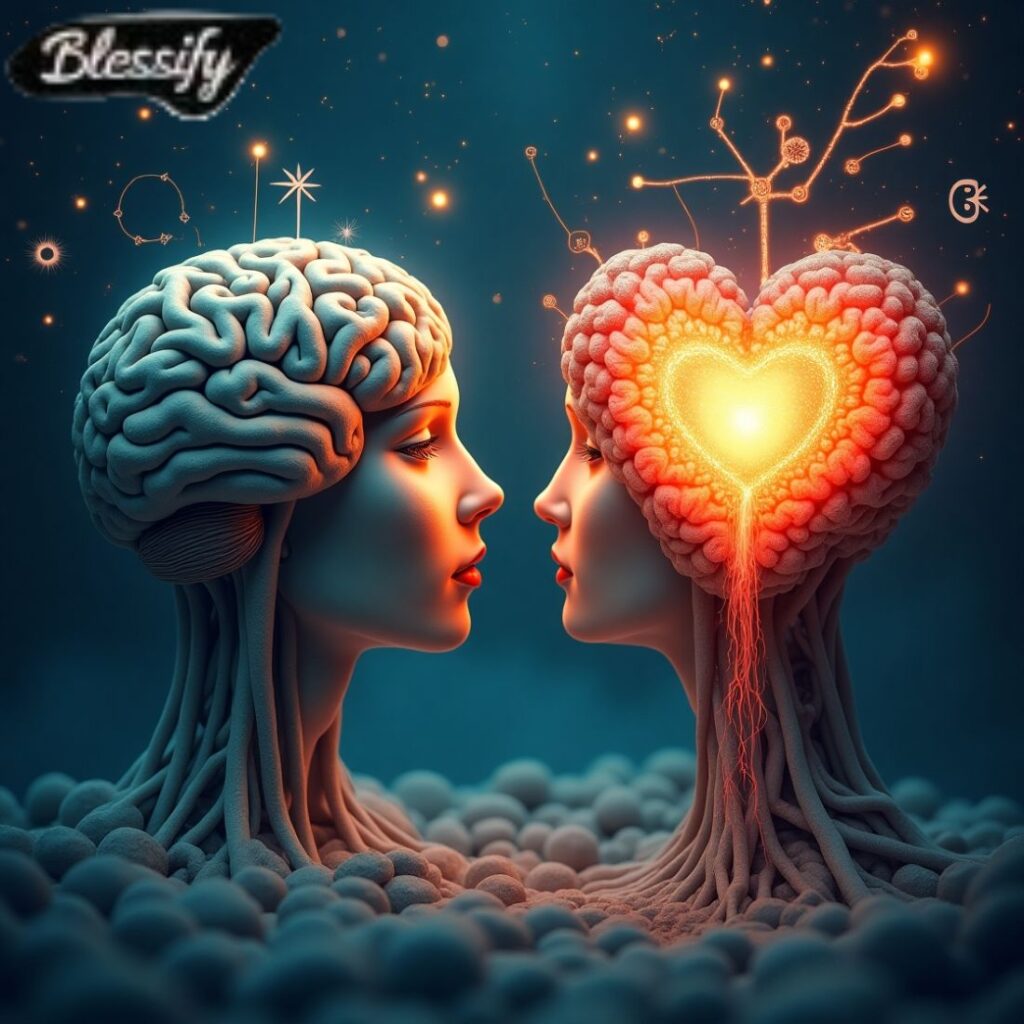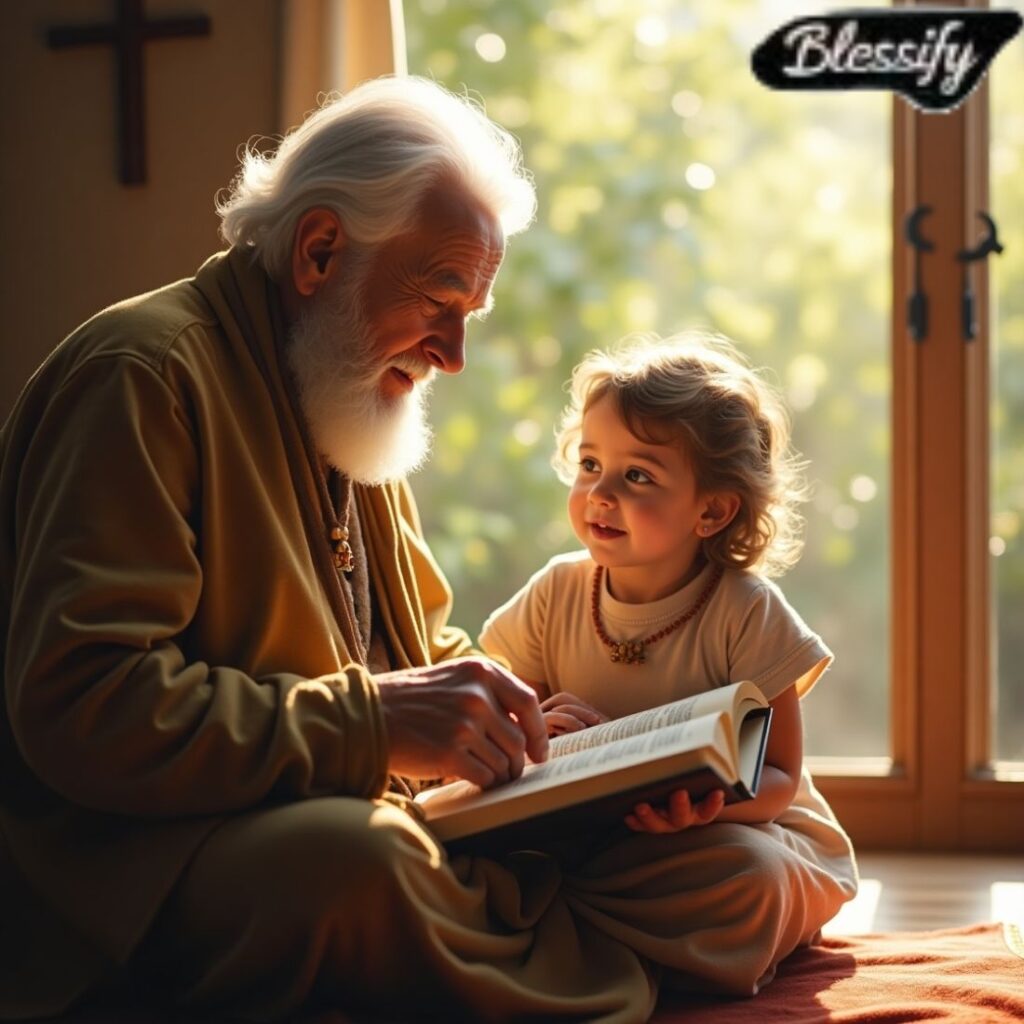Faith is more than just a word—it’s the foundation many people use to build their lives. In the United States, where people come from many backgrounds, faith in humanity, belief systems, and cultural spirituality form a deep part of daily life. From church pews to quiet moments of prayer and meditation, faith helps shape how people think, feel, and act. But what does it really mean to live a life anchored in faith?
Faith gives people strength when life gets tough. It brings inner peace, offers divine trust, and helps guide decisions. Whether someone follows a religion or not, having something to believe in gives direction. It’s a tool for personal transformation. Let’s explore the many parts of faith and why it still matters in today’s world.
What Is Faith? Understanding Its Core Meaning
Faith is not just about religion. It’s a belief in something greater than yourself. This could be a higher power connection, a goal, or even trust in the future. The meaning of faith in life is different for everyone. But at its core, faith is about unwavering belief even when there’s no proof.
Some people see faith as hope. Others see it as confidence. But all agree it brings comfort. It also helps with coping with adversity. When everything feels out of control, faith keeps you grounded. It’s a mental and emotional anchor that supports you during both good and bad times.
The Role of Faith in Human Life Across Cultures
All over the world, faith plays a key role in how people live. In the U.S., this is seen in holidays, traditions, and values passed down through families. Religious traditions and spiritual journey often guide moral choices and daily actions.
Across cultures, belief systems vary but share common threads—hope, trust, and connection. This global nature of faith builds bridges. It also offers spiritual strength and emotional healing. These traits unite humanity beyond borders and race.

Faith vs. Religion: Knowing the Difference
Some think faith and religion are the same, but they’re not. Religion is a system of practices. Faith is personal. You can be faithful without being religious. Many Americans now identify as “spiritual but not religious.”
This religious vs. spiritual idea reflects how people are creating personal paths. A person may not attend church but still believe in something greater. This shows how faith adapts to modern life, keeping it real and relevant.
Table: Faith vs. Religion
| Aspect | Faith | Religion |
|---|---|---|
| Definition | Personal trust or belief in something bigger than yourself | A structured system of beliefs, rules, and rituals |
| Flexibility | Very personal and flexible | Often follows specific rules or teachings |
| Practice | Can be private and unique to each person | Involves public worship, ceremonies, and shared traditions |
| Connection | Direct and emotional connection with a higher power connection | Often includes leaders like priests, imams, or monks as spiritual guides |
| Requirement | No need to follow a set group or location | Usually connected to a place of worship like a church or mosque |
| Identity | Can exist without religion | Usually part of a larger community or religious traditions |
| Examples | Believing in hope, love, or divine support | Christianity, Islam, Judaism, Hinduism, Buddhism, etc. |
How Faith Shapes Our Decisions and Actions
What we believe affects what we do. How faith influences choices can be seen in the way people handle relationships, money, and stress. Faith often acts as a moral compass, helping people decide what’s right and wrong.
It’s more than ideas—it becomes action. A person who believes in kindness may help others more. One who trusts a plan for their life may take brave steps. In this way, faith isn’t just personal—it shapes families, communities, and even nations.

Developing Personal Faith in a Secular World
In today’s fast, modern world, fewer people follow organized religion. Yet, faith remains. People are building their own secular perspective on faith. This includes meditation, reflection, or simply holding on to hope.
You can build personal faith by spending quiet time, journaling, or reading. These daily faith rituals and habits strengthen belief over time. Even without religion, people can live with faith in themselves and in something meaningful.
Faith as a Source of Strength During Crisis
When life breaks down, faith often becomes a lifeline. During health scares, loss, or disaster, people turn to belief for comfort. The importance of faith in difficult times can’t be overstated.
In the U.S., events like 9/11 and the COVID-19 pandemic showed this clearly. Many found courage through faith-based resilience. They found hope and peace through spiritual discipline and community support.
The Science Behind Belief: Is Faith Psychological?
Science has explored the psychological effects of belief. Studies show faith reduces stress, improves focus, and can increase lifespan. These are facts, not just opinions. Faith activates brain areas linked to calm and problem-solving.
This scientific perspective on faith explains why belief is more than emotion. It changes how your brain works. People with strong faith tend to recover faster from sickness and cope better with life’s challenges.

Faith and Mental Health: Finding Peace Within
There’s a strong faith and mental health connection. Faith offers hope during depression and anxiety. It gives people tools like spiritual healing, gratitude, and community support.
Therapists now include faith in treatments. Prayer and meditation help calm the mind. Faith can reduce loneliness by creating a feeling of purpose and connection. It’s a bridge between mind and spirit.
Table: How Faith Supports Mental Health
| Mental Health Benefit | Role of Faith |
|---|---|
| Reduces Anxiety & Stress | Faith encourages trust and divine trust, helping people feel calm and safe. |
| Boosts Inner Peace | Practices like prayer and meditation bring quiet and focus to the mind. |
| Improves Coping Skills | Faith builds spiritual strength to handle fear, loss, and setbacks. |
| Gives Life Purpose | Belief in a spiritual journey helps people feel their life has meaning. |
| Increases Resilience | Faith builds faith-based resilience, helping people bounce back after trauma. |
| Encourages Gratitude | Believers often see the good in life, improving mood and mental outlook. |
Stories of Unshakable Faith from Around the World
Stories help us believe. Around the world, people share real-life faith testimonials. In the U.S., many survivors of illness, war, or addiction credit faith with saving them.
These stories show that enduring hope can carry someone through even the darkest moments. They reveal how belief becomes strength. People of all ages, races, and backgrounds find purpose through faith.
The Link Between Faith and Gratitude
Faith and gratitude go hand in hand. If you believe life has meaning, you’re more thankful for small things. This faith and gratitude relationship improves mood and health.
Grateful people sleep better, feel happier, and live longer. Faith reminds us that even hardships can teach lessons. This mindset creates a life full of meaning and joy.
Table: Faith vs. Gratitude Benefits
| Benefit | Faith | Gratitude |
|---|---|---|
| Stress Reduction | Yes | Yes |
| Better Sleep | Yes | Yes |
| Positive Thinking | Yes | Yes |
| Life Satisfaction | High | High |
Can Faith and Doubt Coexist?
Yes, they can. Doubt is part of belief. People who question their faith often end up stronger. The key is balancing doubt and belief.
Questioning doesn’t mean you’ve lost faith. It means you’re growing. It’s like pruning a tree so it grows healthier. In America, many spiritual leaders admit to having doubts—and still find deep faith.
Teaching Faith to the Next Generation
Kids watch what you do. To teach them, live your beliefs. Share stories, explain your values, and answer their questions. The goal is nurturing faith in children, not forcing it.
In the U.S., family traditions and open talks help children understand belief. School programs and youth groups also support spiritual growth. Faith becomes real when they see it in action.

Faith in Practice: Daily Rituals and Reflections
Living with faith means practicing it. Morning reflections, evening prayers, or simple thank-you notes are examples of daily faith rituals and habits.
These habits make belief stronger. They bring peace and joy to your day. Small acts, done daily, build big trust over time. Faith grows when it’s used.
Challenges to Faith in the Modern Age
Modern life can weaken belief. Online hate, busy schedules, and bad news challenge faith. These are real challenges to faith in a digital age.
Still, faith survives. Many use apps for prayer, read spiritual blogs, or join online groups. Technology now spreads belief instead of crushing it. The key is to stay connected to purpose.
Table: Modern Challenges to Faith
| Challenge | Impact on Faith |
|---|---|
| Digital Distractions | Constant screen time makes it hard to focus on daily faith rituals and habits. |
| Scientific and Secular Views | Some feel torn between science and belief systems or spiritual journey. |
| Cultural Shifts | Fast-changing values may weaken religious traditions and moral compass. |
| Busy Lifestyles | Less time for prayer and meditation, making faith less of a priority. |
| Social Pressure and Judgment | People may fear expressing their unwavering belief openly. |
| Information Overload | Too much online content causes confusion about what to believe. |
Rebuilding Faith After Loss or Disappointment
Losing faith happens. Life hurts sometimes. But rebuilding belief after trauma is possible. Start small—read, reflect, talk with others. You are not alone.
Faith heals over time. Like a muscle, it grows back stronger. Loss doesn’t mean the end of belief. It means you’re human. And being human includes hope.
Conclusion: Choosing a Life Anchored in Belief
To live with purpose, you need a strong anchor. That anchor is faith. It brings hope, strength, and direction. It helps you grow through pain and shine during joy. It offers a deep spiritual strength in a noisy world.
The power and purpose of faith lies in its ability to carry you forward. Whether through religious traditions or personal reflection, belief can guide you. Anchor your life in faith—and watch it transform.
Read more:Mindful Blessings: Embracing Gratitude in a Chaotic World
FAQs
What is the difference between faith and belief system?
Faith is personal trust or confidence in something, while a belief system is an organized set of principles or ideas shared by a group.
What is the belief system?
A belief system is a structured collection of values, ideas, and teachings that guide how people understand life and the world.
What is faith and belief in Islam?
In Islam, faith (Iman) means believing in Allah, His prophets, books, angels, the Day of Judgment, and divine destiny with full heart.
What is faith in belief?
Faith in belief means deeply trusting that what you believe is true, even without physical proof.
What is called faith?
Faith is strong confidence or trust in someone or something, especially without needing proof.
What comes first, belief or faith?
Belief often comes first as the foundation, and faith grows from trusting that belief over time.


Welcome to Soulfulblessing! I’m Javeria Naeem — an AI-powered SEO and content writer with over 2 years of experience crafting engaging, search-optimized content that drives results.

